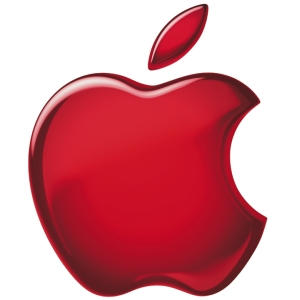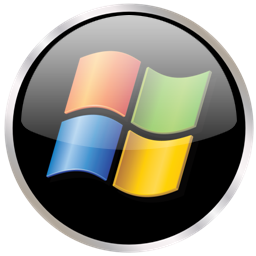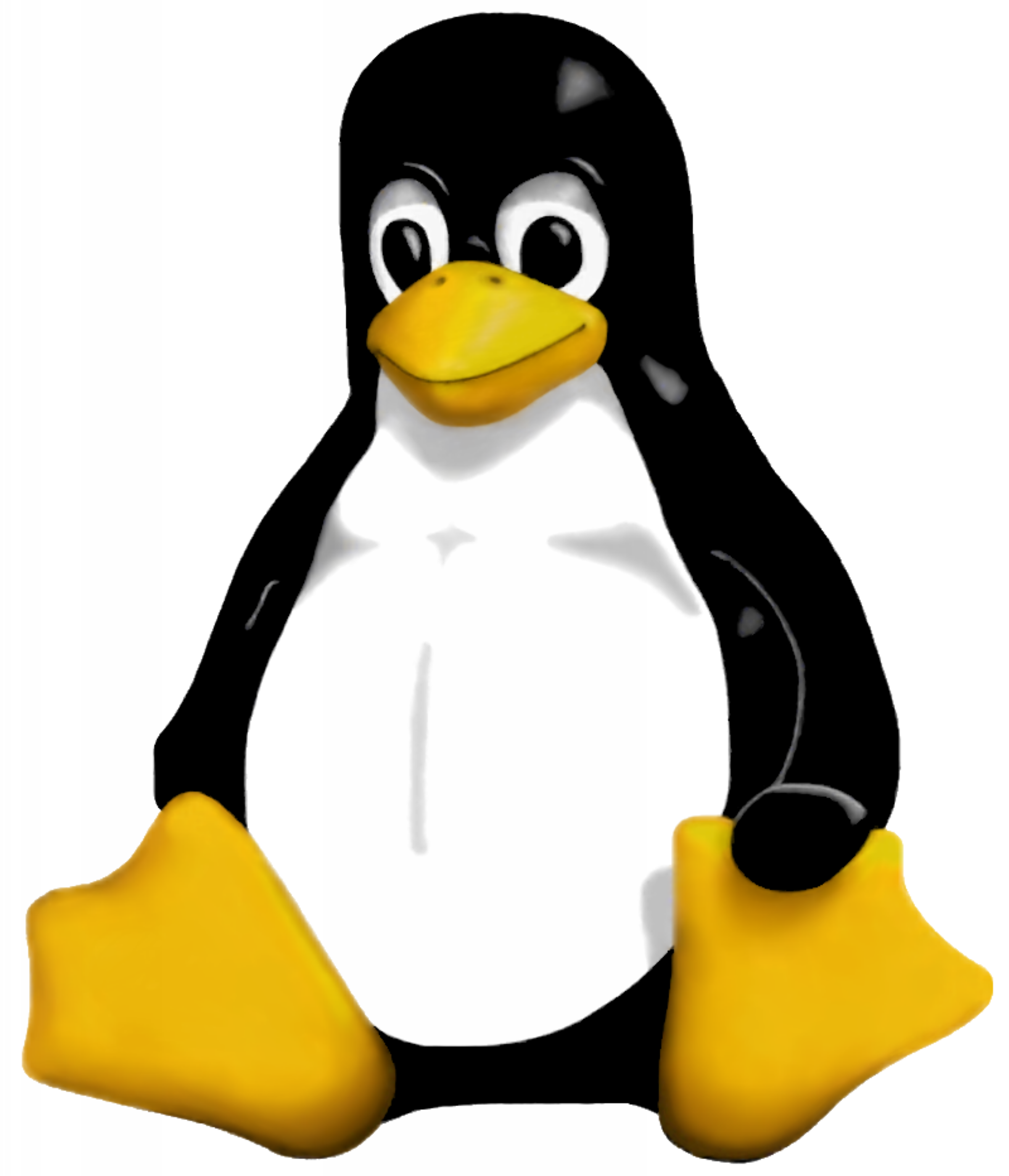Difference between revisions of "CSC220 C++Qt Crash Course"
(→Platforms) |
(→Platforms) |
||
| Line 49: | Line 49: | ||
[[Image:WindowsLogo.png| 150px | right]] | [[Image:WindowsLogo.png| 150px | right]] | ||
[[Image:TuxLogo.png| 150px | right]] | [[Image:TuxLogo.png| 150px | right]] | ||
| − | <font size="+1"> | + | \<br /> |
| + | *<font size="+1">Linux/X11</font> | ||
<br /> | <br /> | ||
| − | *<font size="+1"> | + | *<font size="+1">Mac OS X</font> |
<br /> | <br /> | ||
| − | *<font size="+1"> | + | *<font size="+1">Windows </font> |
<br /> | <br /> | ||
| − | *<font size="+1"> | + | *<font size="+1">Embedded Linux</font> |
<br /> | <br /> | ||
| − | *<font size="+1"> | + | *<font size="+1">Windows CE / Mobile</font> |
<br /> | <br /> | ||
| − | *<font size="+1"> | + | *<font size="+1">Symbian</font> |
| + | :: (Nokia Devices) | ||
<br /> | <br /> | ||
| − | + | *<font size="+1">Maemo</font> | |
| − | |||
| − | *<font size="+1">Maemo | ||
<br /> | <br /> | ||
==External ports== | ==External ports== | ||
Since Nokia opened the Qt source code to the community on Gitorious various ports have been appearing. Here are some of them: | Since Nokia opened the Qt source code to the community on Gitorious various ports have been appearing. Here are some of them: | ||
| − | *Qt for OpenSolaris | + | <br /> |
| − | *Qt for Haiku – Qt for Haiku OS | + | *<font size="+1">Qt for OpenSolaris </font> |
| − | *Qt for OS/2 | + | <br /> |
| − | *Qt-iPhone – Experimental | + | *<font size="+1">Qt for Haiku – Qt for Haiku OS</font> |
| − | *Android-Lighthouse – Experimental | + | <br /> |
| − | *Qt for webOS – Experimental | + | *<font size="+1">Qt for OS/2 </font> |
| − | *Qt for Amazon Kindle DX – Experimental | + | <br /> |
| − | *Qt for Wayland – Experimental | + | *<font size="+1">Qt-iPhone – Experimental</font> |
| + | <br /> | ||
| + | *<font size="+1">Android-Lighthouse – Experimental </font> | ||
| + | <br /> | ||
| + | *<font size="+1">Qt for webOS – Experimental </font> | ||
| + | <br /> | ||
| + | *<font size="+1">Qt for Amazon Kindle DX – Experimental </font> | ||
| + | <br /> | ||
| + | *<font size="+1">Qt for Wayland – Experimental </font> | ||
| + | <br /> | ||
Revision as of 13:30, 2 December 2010
--D. Thiebaut 16:25, 2 December 2010 (UTC)
This is Part 2 of a 2-lecture/lab introduction to C++ and GUI programming with Qt. Part 1 can be found here.
Main References
- Wikipedia Page on Qt
What is Qt?
- Qt is a cross-platform application framework
- that is widely used for developing application software with graphical user interface (GUI) (in which case Qt is referred to as a widget toolkit when used as such)
- Qt uses standard C++
- but makes extensive use of a special code generator (called the Meta Object Compiler, or moc)
- Qt can also be used in several other programming languages
- via language bindings.
- It runs on all major platforms
- Non-GUI features include
- SQL database access,
- XML parsing,
- thread management,
- network support,
- and a unified cross-platform API for file handling.
- GNU Lesser General Public License, Qt is free and open source
Platforms
\
- Linux/X11
- Mac OS X
- Windows
- Embedded Linux
- Windows CE / Mobile
- Symbian
- (Nokia Devices)
- Maemo
External ports
Since Nokia opened the Qt source code to the community on Gitorious various ports have been appearing. Here are some of them:
- Qt for OpenSolaris
- Qt for Haiku – Qt for Haiku OS
- Qt for OS/2
- Qt-iPhone – Experimental
- Android-Lighthouse – Experimental
- Qt for webOS – Experimental
- Qt for Amazon Kindle DX – Experimental
- Qt for Wayland – Experimental



